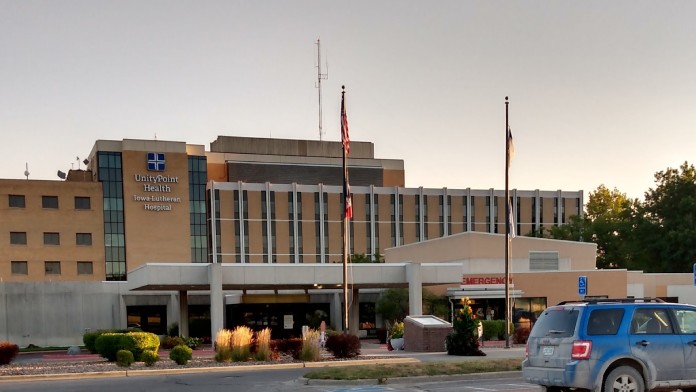About Powell Chemical Dependency Center
The Des Moines, Iowa, Powell Chemical Dependency Center is a behavioral health facility that offers outpatient and inpatient substance use disorder (SUD) treatment. It is part of the greater UnityPoint Health network which provides care across the Midwest, including Iowa, Illinois and Wisconsin. The network includes 17 regional hospitals, 19 community network hospitals, and over 400 clinics which includes the behavioral health division.
Unity Health and Powell accept most Iowa insurance providers along with Medicaid. The network also offers financial aid for people with demonstrated need.
Inpatient and Outpatient Treatment Options
Powell offers SUD care for both alcohol and drugs, and that care can be provided in either an inpatient or outpatient environment. Inpatient care may be best for people struggling with more severe addiction who need the constant care that this format can provide. However, if your addiction isn’t severe or you’ve managed to work through rehab to where you don’t need constant oversight, intensive outpatient programs or even traditional outpatient solutions may be ideal.
Intensive Outpatient Program
Their intensive outpatient program (IOP) gives you the benefits of extended access to counseling, dual diagnosis support, and medication assisted treatment (MAT) if you need help fully weaning off of substances. Powell has a variety of counseling modalities which can help you better understand the triggers that lead to your addiction and how to manage them in the future to prevent a relapse.
These methods can include cognitive behavioral therapy, the Disease Model of Addiction, dialectical behavior therapy, and mindfulness. These programs are also available with traditional outpatient support as well. Likewise, group and individual therapy, and even couples therapy are all options to help you build a supportive network to work through your addiction.
Effective Continuing Care
Maintaining sobriety can be hard especially when you finish a recovery program. Continuing care can help by providing peer support groups, additional counseling and case managers to help you connect to resources.








